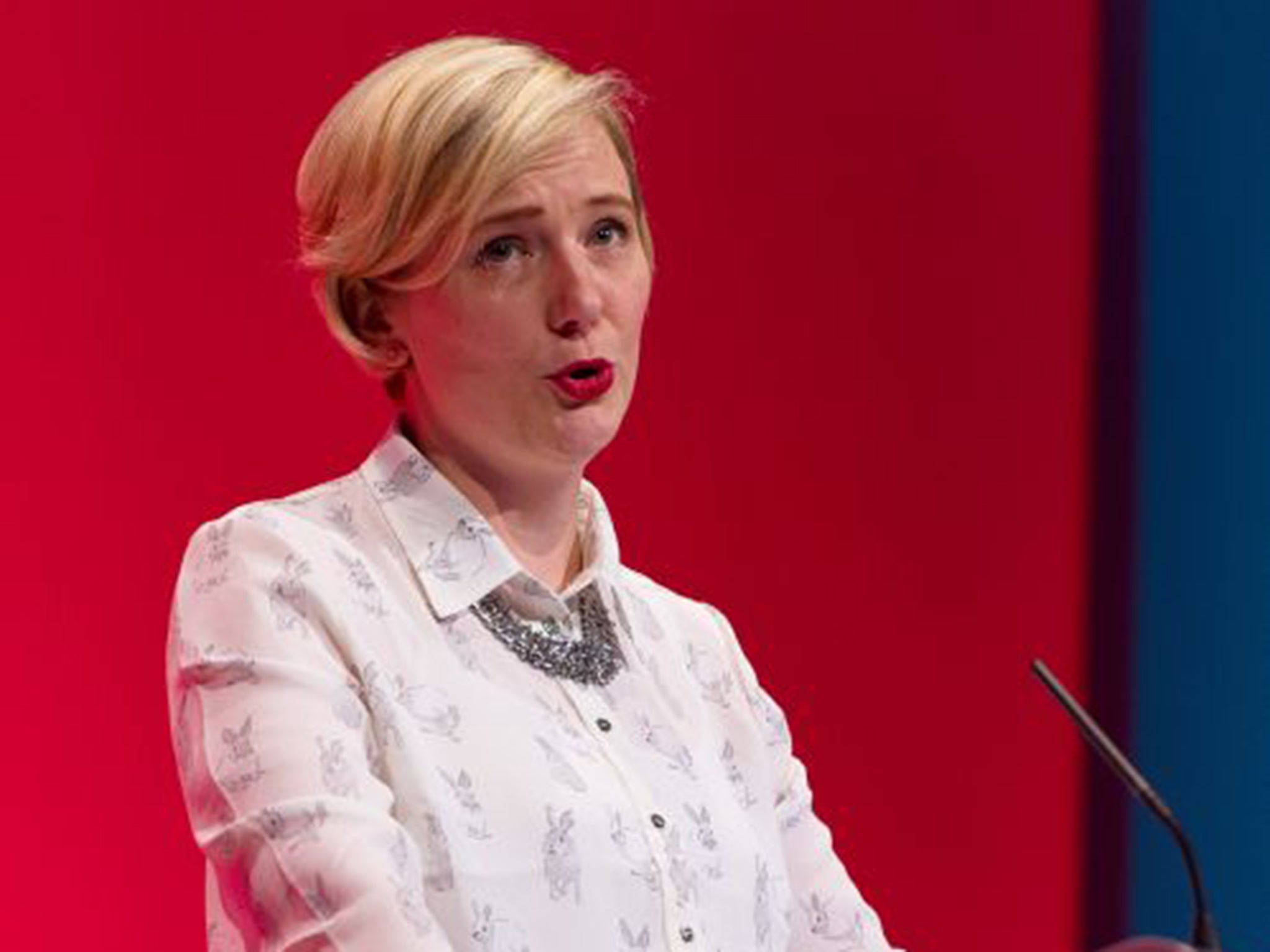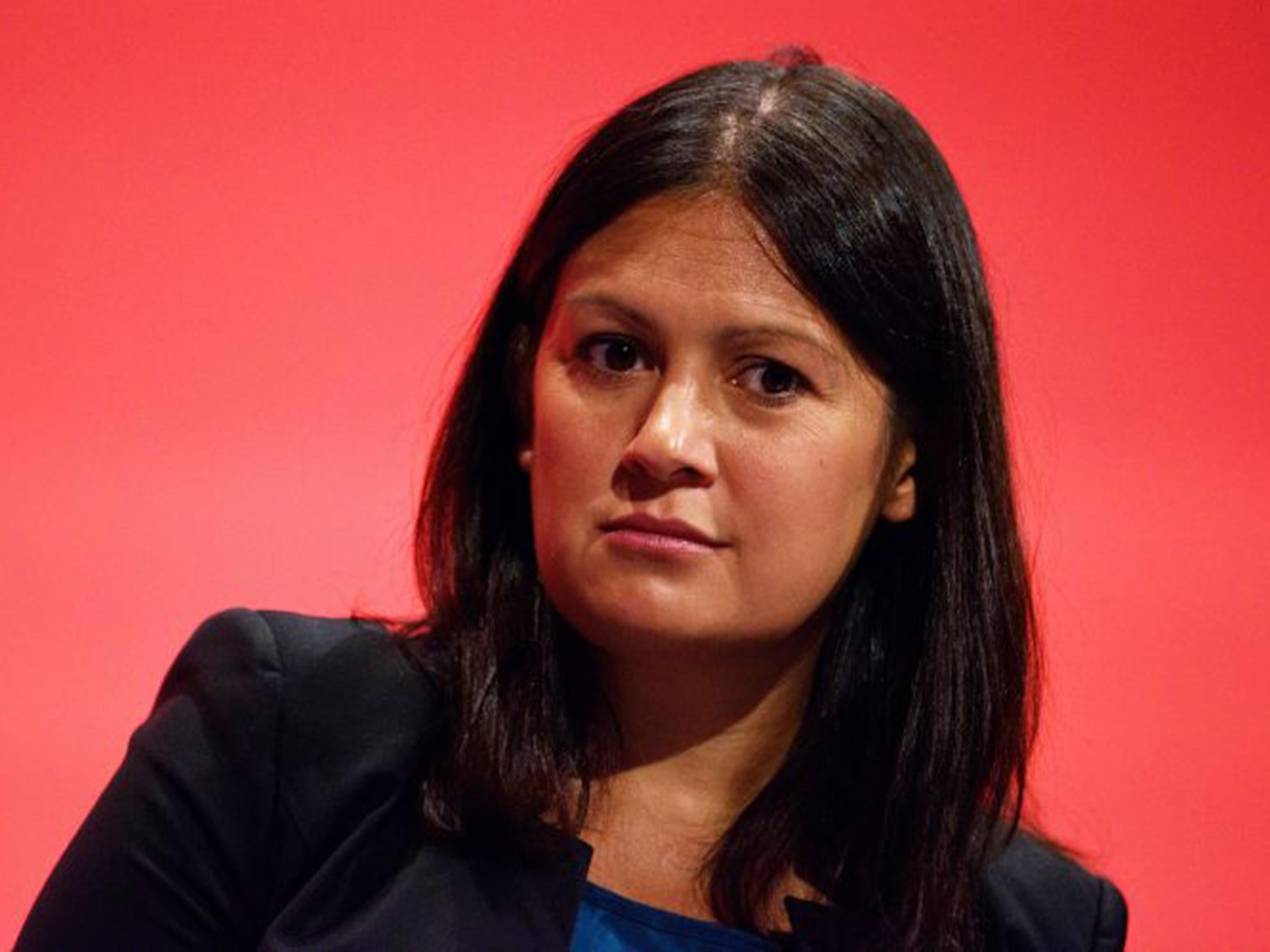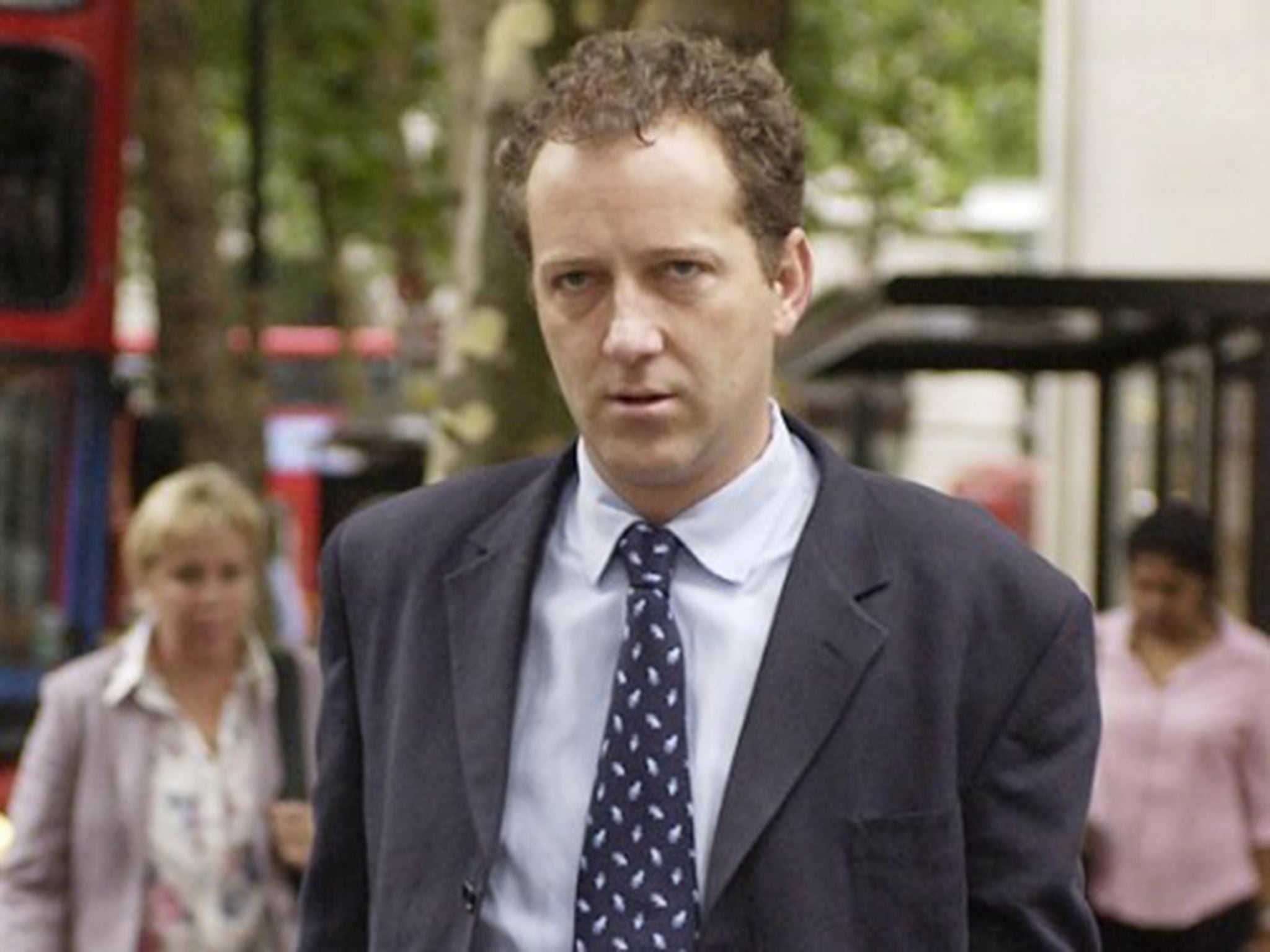Labour's Corbynites and Blairites slug it out to determine future of party
Labour tribes are as divided as ever, says Ian Johnston

Some came mourning “the day the music died” – not the loss of Buddy Holly in 1959, but the departure of Tony Blair from Downing Street in 2007. For others, the “rot set in with Neil Kinnock 33 years ago”.
Labour’s bitterly opposed tribes – the Corbynites and Blairites – gathered among bewildered centrists to search for a way to “face the future” in the same party. But, time and again, they turned to the past in the search for answers.
Jeremy Corbyn proved once again how popular he is with Labour activists. His keynote speech to the Fabian Society’s 2016 conference in London was regularly interrupted by applause. At the end, Mr Corbyn was rewarded with a standing ovation – by perhaps half the crowd.
Among those scratching their heads about how to bring the two wings of the party together was Tom Baldwin, a senior adviser to Ed Miliband during the 2015 election campaign. “Within days of that defeat, hours, there was a stampede to say Miliband’s positioning was too left-wing … then within a few weeks there was this counter-stampede to say Ed was not left-wing enough … too ‘austerity-lite,’” he said.

“To those of us involved in the campaign, it felt like being in one of those aggravated road accidents where first of all you get knocked down by a car which then reverses back over you.”
He bemoaned the state of the party. Blairites sometimes acted “like no one else has made any contribution ... since June 27, 2007 – the day the music died”, Mr Baldwin said. And “too many people around Jeremy Corbyn” seemed to think “the rot set in … with Neil Kinnock, 33 years ago. If some of these people were car manufacturers, they would be making the Austin Allegro and saying ‘there, that’s what we call a car’.”
Stella Creasy, the Walthamstow MP who has become the target for a deselection campaign by party left-wingers, made what sounded like a plea to be allowed to stay. “You think I’m wrong? Great! Work with me and together we’ll come up with something sharper,” she said. “Don’t be comfortable with the Henry Ford model of political parties – you can have any view, as long as it’s mine.”
While some appear to be plotting Ms Creasy’s political demise, others are sharpening their knives for Mr Corbyn. The reasons behind their concerns were spelled out by Deborah Mattinson, of the Britain Thinks think tank. “I don’t think it’s possible for a party that’s not thought to be economically competent to win. I’ve never seen it happen,” she said.

“The party whose leader is more highly rated always wins. I’m really sorry to say the evidence so far does not suggest we are making headway on those key issues.” As she ended her speech to polite applause, she quipped: “I thought I’d get booed.”
Three MPs touted as possible replacements in the event of a putsch – Lisa Nandy, shadow Environment Secretary, Keir Starmer, former director of public prosecutions, and Dan Jarvis – took to the stage to discuss “Future left: how is Britain changing and how should the left respond?”
Two of them looked back as they sought to answer that question. Ms Nandy lambasted the Government’s cuts to subsidies for renewable energy while still supporting diesel fuel, and recalled Harold Wilson’s famous 1963 speech when she called for a campaign to highlight the benefits of the “green heat of technology”.
Mr Starmer said Labour’s victories in 1945, 1964 and 1997 were achieved when Labour had “worked out in advance what the future looked like and claimed it for our own. We made the Tories look like yesterday’s goods. We’ve got to do that again,” he said.
Mr Starmer said he had spoken to many constituents after the election who felt Labour had become “a series of cardboard cut-out, on-message individuals.
“People were looking, when they voted for a leader, for something different, something for the future,” he said. “We’ve got to focus our energies, our gaze, on the 2020s and 2030s, and stop squabbling about the micro-tactics of the here and now.”
Join our commenting forum
Join thought-provoking conversations, follow other Independent readers and see their replies
Comments
Bookmark popover
Removed from bookmarks